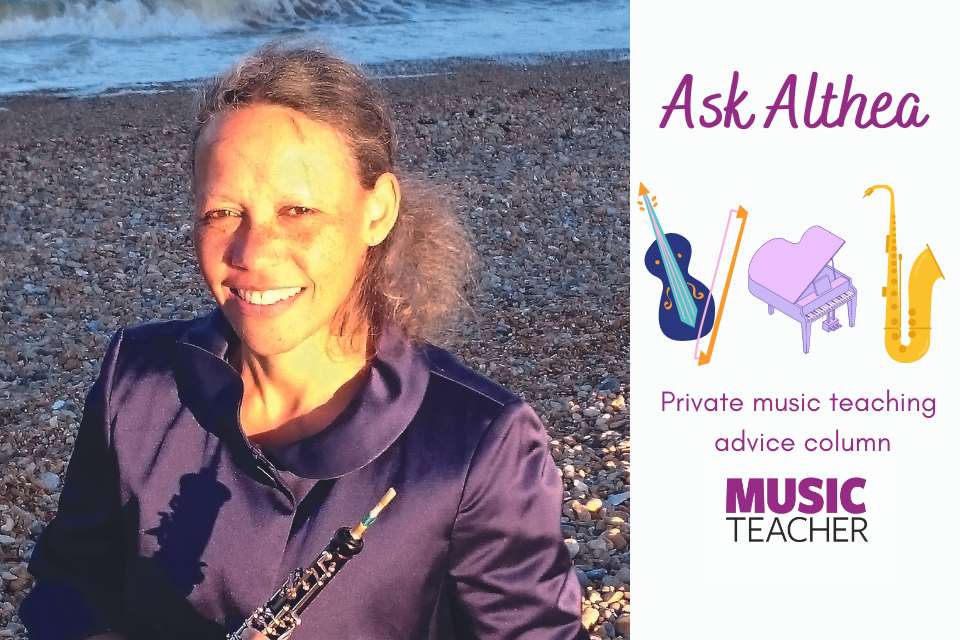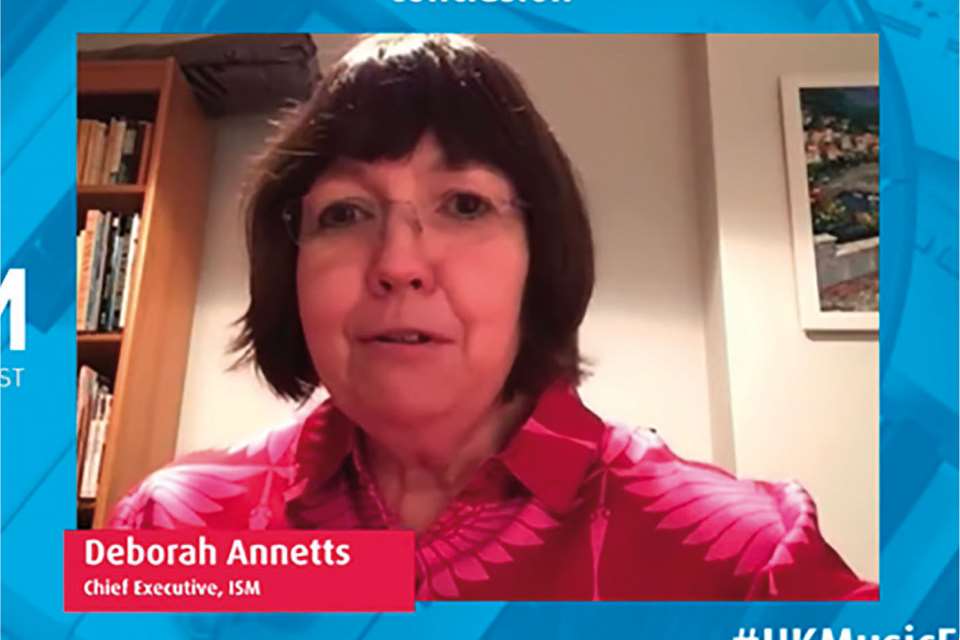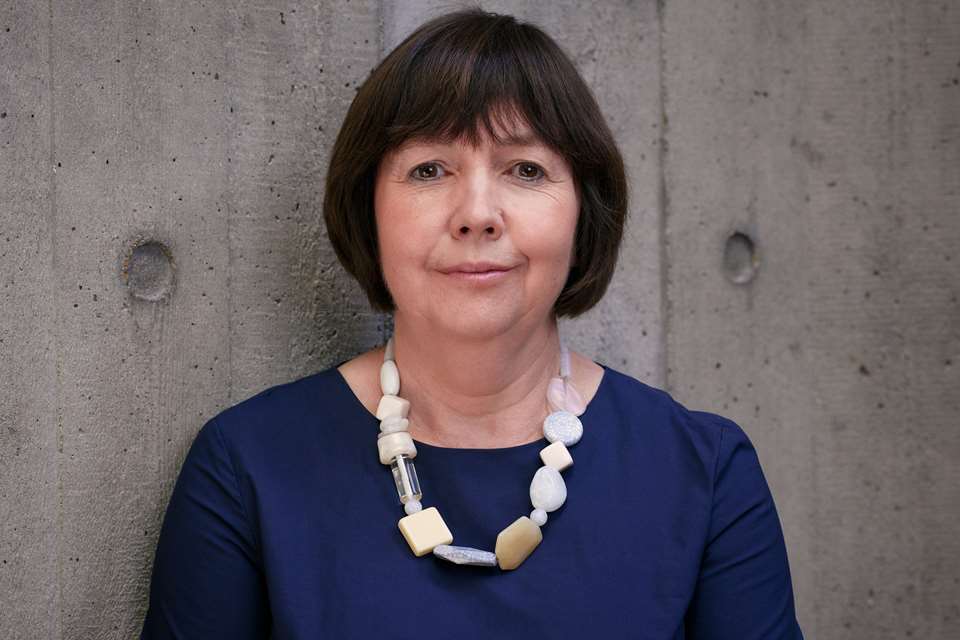ISM Column: Promoting yourself as a private music teacher
Kirsten Peter
Friday, April 1, 2022
Do you want to find more pupils but don't know where to start? The ISM's digital and insights manager Kirsten Peter shares helpful tips for marketing your private music teaching business

Adobe Stock / Mediteraneo
Whether private teaching is a mainstay of your teaching work or something you're looking at exploring more, it's worth taking the time to look at the way you are promoting yourself and your teaching practice. Thinking about the people who may be interested in taking your lessons (your audience), and how and where you're speaking to them (your messaging), can help you grow your business or expand it in new directions.
Identifying your audience
Is there a particular type of pupil that you would like to teach more? For example, perhaps you would like to work more with adults. Are there local venues, hobby groups or retired groups you can get in contact with? Can you get a supportive testimonial from a current or former pupil in a similar demographic to use on a flyer? There might be something about the way you teach that would appeal to this group – such as flexibility in times, or experience teaching those returning to music after a break.
The move online during the Covid lockdowns may have expanded your teaching options, so think about whether you're keen to only offer in-person lessons, or to continue offering an online option as a way of reaching a wider audience. Think about how this might work best for you – for example, you may prefer to offer online theory lessons but keep running face-to-face instrumental lessons.
Developing your brand
People can be wary of the word ‘brand’, but you can just think of it as ‘personality’ – it's the way you want to present your business to the world. Consistency is key, so you want to make sure all the elements of your promotional material, from posters to your website, have a similar look and feel. Your musical genre or instrument may influence your brand: a classical guitar teacher may want to look different to someone teaching pop/rock electric guitar. Branding can involve the expertise of a designer, or you can start simple with favoured colours and a chosen font. Look around for inspiration at other musicians and small businesses whose approach you like and get feedback from friends and colleagues.
Setting up a website
There are a multitude of options out there for setting up an affordable website. Making the leap to contact a music teacher will be a big decision for many budding musicians, so your task is to use your platform to put potential pupils’ minds at rest and make that decision with confidence. On your website, you have the chance to use your biography, frequently asked questions, and testimonials from current pupils to tell your story for you; this will also allow you to highlight your unique selling points. Perhaps you could display your ability to engage with young children, or your experience teaching high-level professionals.
Make sure you're aware of what comes up when you search for your name and your instrument on a search engine. Look into Google's ‘My Business’ profile – the short information snippets that come up when you search for a service – and make sure yours is up to date. To take things a bit further, you might want to explore search engine marketing where you can create adverts based around search terms that others are using. There are many good guides online if this is something you want to explore.
Building a social media presence
Being active on multiple social media platforms isn't essential for private music teachers, but you might want to consider which ones could work for you. Facebook is still the most used social media platform in the world, with 2.6bn active global monthly users. It offers the chance for you to set up a professional profile for your business and tap into local community groups to find potential pupils. Twitter is often used for online networking; there's a large music education community on this platform, often gathering around commonly used hashtags to discuss topical issues. This could also provide you with the opportunity to raise your profile and find collaborators for shared projects. If you can, use the same picture and name, or ‘handle’, on each platform for consistency.
Spreading the word
Finally, don't forget the power of more traditional methods like posters and word of mouth. Attending events, from national conferences and local business meetups to online webinars and networking events, can offer new opportunities and connections. Remember to share flyers or business cards that point back to your website or social media and follow up after the event.
The ISM has a variety of resources for their members on promoting yourself, including advice on websites, mailing lists, social media, networking and photography, as well as a series of ‘How to’ guides, which includes How to…Teach adult learners and How to… Become a music workshop leader. ism.org/h
The ISM Trust has several free online webinars exploring marketing essentials for musicians. ism.org/webinar








